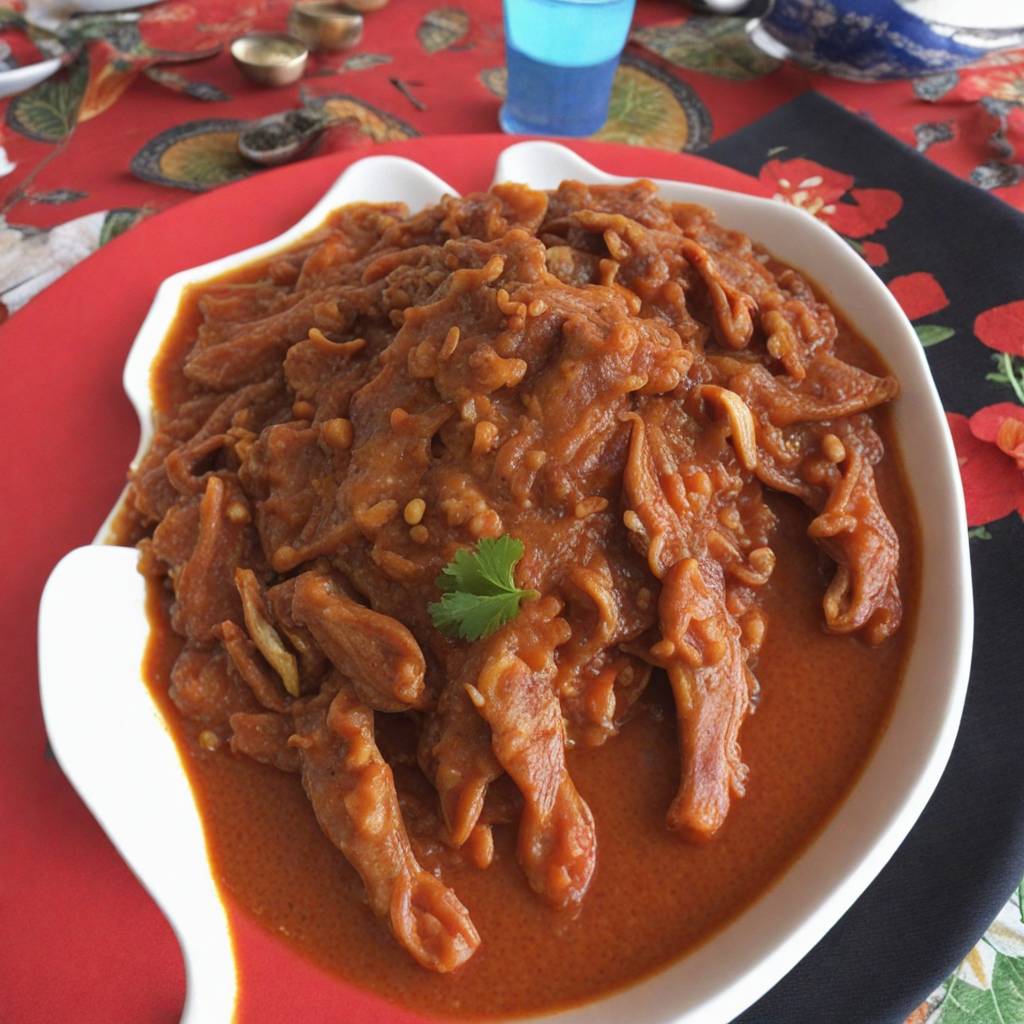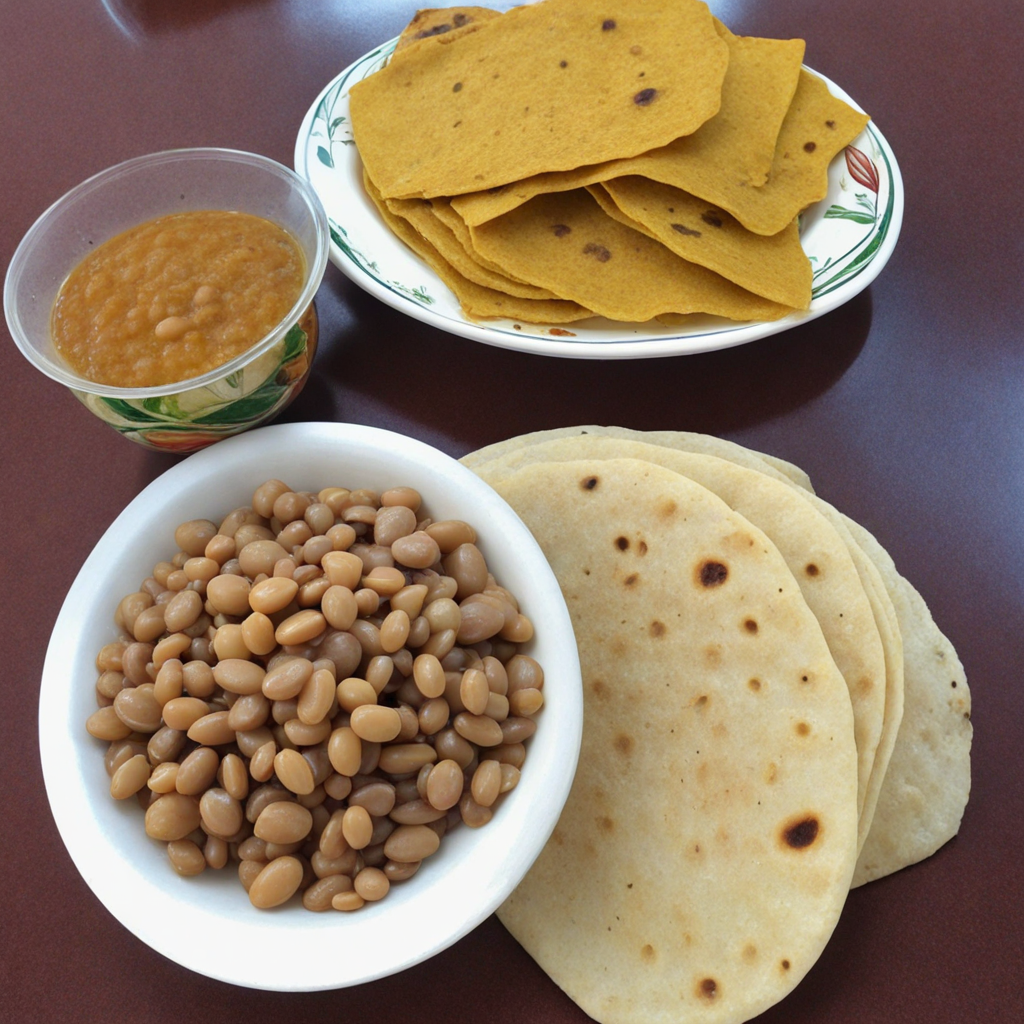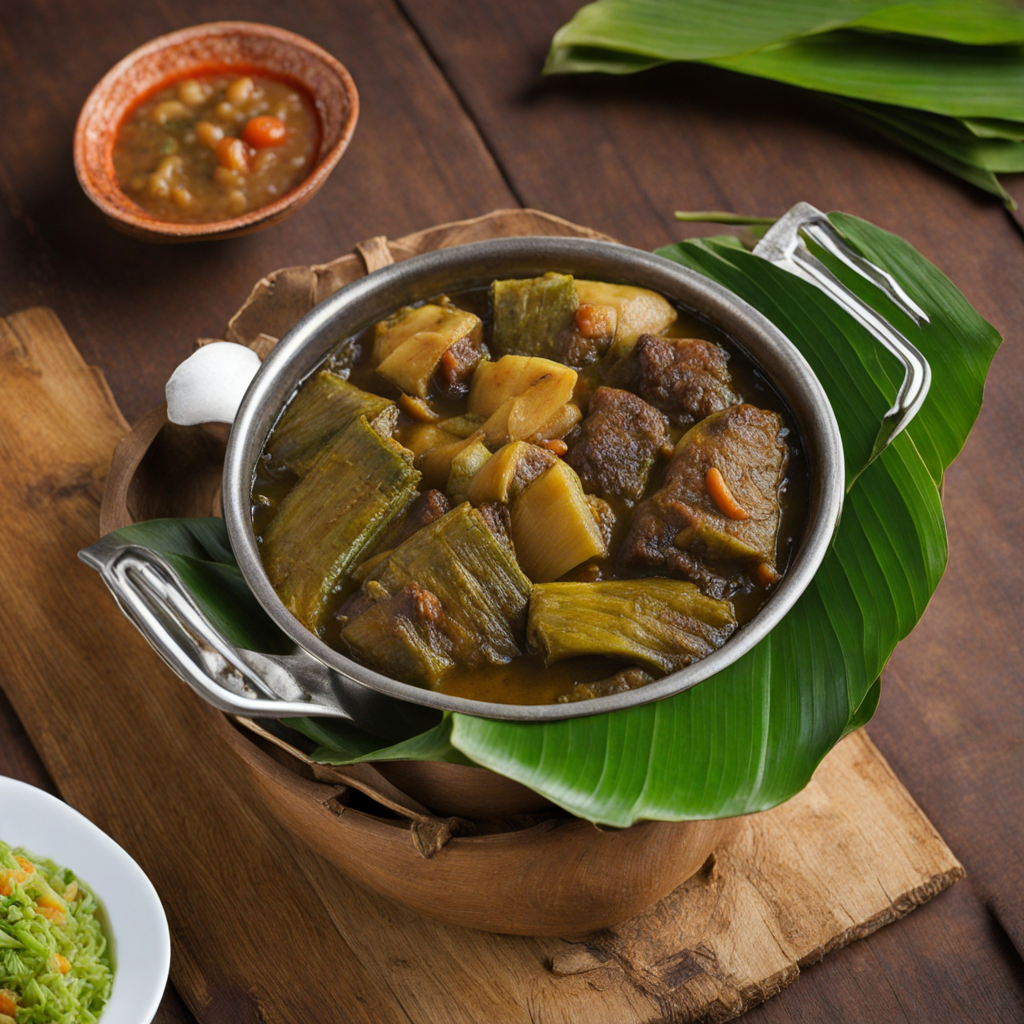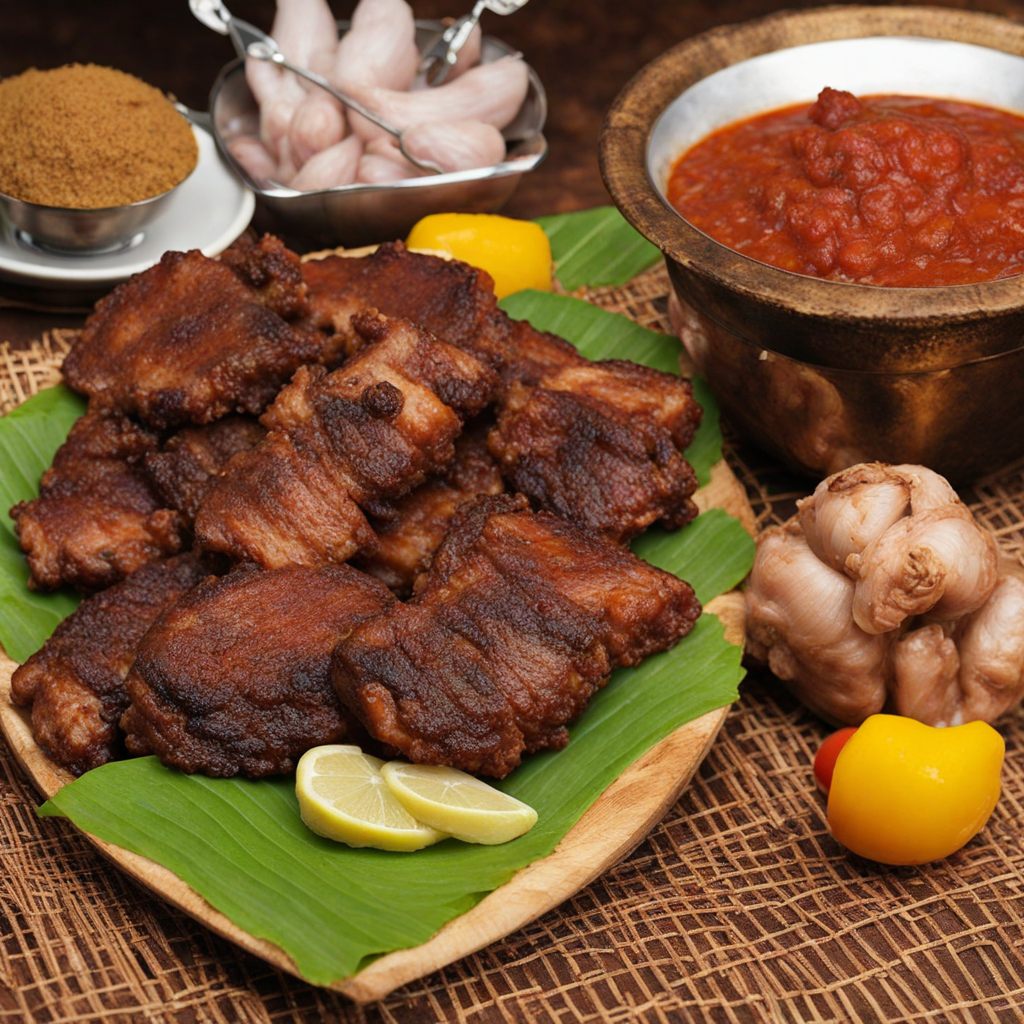Mukene
Mukene, also known as silverfish, is a small, dried fish that holds a special place in Ugandan cuisine. These tiny, silvery fish are typically harvested from the waters of Lake Victoria and are renowned for their rich flavor and nutritional benefits. Mukene is packed with protein, omega-3 fatty acids, and essential vitamins, making it a healthy addition to various dishes. The fish are traditionally sun-dried to preserve their freshness, infusing them with a distinctive umami flavor that enhances any meal they accompany. In Ugandan households, Mukene is often prepared in a variety of ways, adding a unique taste and texture to local recipes. One popular method is to fry the fish until they are crispy, which brings out their natural flavor and creates a delightful crunch. Mukene can be served as a snack on its own or incorporated into stews, sauces, and casseroles, where it provides a savory depth that complements vegetables and starches. Its versatility allows Mukene to shine in both traditional dishes and modern culinary creations. The experience of tasting Mukene is both unique and satisfying, as it evokes the essence of Uganda's vibrant culture and culinary heritage. When combined with staple ingredients such as posho (maize porridge) or matoke (steamed green bananas), Mukene transforms a simple meal into a hearty feast. For those adventurous eaters looking to explore new flavors, Mukene offers a delicious opportunity to dive into the rich gastronomic landscape of Uganda, leaving a lasting impression on the palate and a sense of connection to the region's fishing traditions.
How It Became This Dish
Mukene: A Culinary Treasure of Uganda #### Origins of Mukene Mukene, scientifically known as *Rastrineobola argentea*, is a small pelagic fish found predominantly in the waters of Lake Victoria, which spans Uganda, Kenya, and Tanzania. This diminutive fish, often referred to as the "silverfish" due to its shimmering silver scales, has become an integral part of Ugandan cuisine and culture. The story of Mukene is deeply intertwined with the history of Lake Victoria and the communities that have thrived around its shores for centuries. The fish has been a staple for local populations for generations, providing not only a source of nourishment but also serving as a means of livelihood for many fishing communities. Traditional fishing methods using small nets and traps have been practiced, passed down through generations, allowing families to sustain themselves through the bounty of the lake. #### Cultural Significance Mukene holds a special place in Ugandan culture, symbolizing both sustenance and community. The fish is a dietary staple, particularly in the central and southwestern regions of Uganda, where it is often consumed in various forms. It is typically fried, dried, or used as an ingredient in stews, and is cherished for its delicate flavor and nutritional value. Rich in protein, omega-3 fatty acids, and essential minerals, Mukene is especially important in the diets of children and pregnant women, contributing to food security in many households. In addition to its nutritional benefits, Mukene is woven into the social fabric of Ugandan life. Fishing communities often gather to celebrate the catch of the day, and local markets buzz with activity as vendors sell fresh Mukene alongside other regional delicacies. The fish also features prominently in traditional rituals and ceremonies, symbolizing abundance and prosperity. For example, Mukene is sometimes offered in ceremonies to honor ancestors or as part of community feasts, reinforcing social ties and cultural heritage. #### Historical Development The fishing of Mukene has evolved over time, reflecting changes in technology, economy, and environmental conditions. In the early days, fishing was predominantly subsistence-based, with local communities relying on traditional methods. However, as the demand for Mukene grew, especially in urban areas and neighboring countries, commercial fishing began to take root in the late 20th century. The introduction of modern fishing techniques, such as the use of motorized boats and larger gill nets, significantly increased the catch. This shift not only boosted the local economy but also raised concerns about sustainability and overfishing. The Ugandan government and various NGOs have since made efforts to regulate fishing practices and promote responsible harvesting to protect the Mukene population and the delicate ecosystem of Lake Victoria. In recent years, Mukene has gained international recognition, being exported to various countries. Its popularity has surged due to the global trend of seeking nutritious and sustainable food sources. This newfound demand has encouraged innovation in processing and packaging, leading to the development of dried Mukene products that are easy to store and transport. #### Mukene in Modern Cuisine As Uganda's culinary scene continues to evolve, Mukene remains a beloved ingredient, often featured in both traditional and contemporary dishes. It is commonly served fried with posho (maize porridge) or matoke (steamed bananas), showcasing the versatility of the fish. Mukene is also incorporated into stews, where its flavor enhances the overall dish, and it can be found in snacks and appetizers, such as Mukene crisps, which have become popular among the younger generation. Moreover, Mukene has found its way into the fusion cuisine of Uganda, where chefs experiment with flavors and techniques from around the world. For instance, Mukene can be used in pasta dishes, salads, or even incorporated into sushi, highlighting its adaptability and the creativity of modern Ugandan chefs. This blending of traditional and contemporary culinary practices not only honors the legacy of Mukene but also helps to keep it relevant in a rapidly changing food landscape. #### Challenges and Sustainability Despite its popularity and cultural significance, Mukene faces several challenges that threaten its future. Overfishing, driven by increased demand and unsustainable practices, poses a significant risk to the fish populations in Lake Victoria. Additionally, environmental issues such as pollution and the invasive Nile perch have further strained the ecosystem, impacting the availability of Mukene. To address these challenges, various stakeholders, including government bodies, fishing communities, and NGOs, are working together to promote sustainable fishing practices and environmental conservation. Initiatives aimed at educating fishermen about responsible harvesting, protecting spawning grounds, and reducing bycatch are vital for ensuring the long-term viability of Mukene as a food source. #### Conclusion Mukene is more than just a fish; it is a symbol of Ugandan culture, heritage, and resilience. Its journey from the waters of Lake Victoria to the plates of families and restaurants across Uganda showcases the intricate relationship between food and identity. As Mukene continues to evolve within the context of modern cuisine, it remains a testament to the enduring legacy of traditional practices and the importance of sustainability in preserving culinary treasures for future generations. In the ever-changing landscape of global food systems, Mukene stands out as a beacon of local pride, reflecting the rich tapestry of Uganda's culinary heritage while also embracing the challenges and opportunities of the modern world. The future of Mukene will depend not only on the efforts of those who fish the waters of Lake Victoria but also on the collective commitment of society to cherish and protect this vital resource. As Uganda looks forward, Mukene will undoubtedly continue to play a pivotal role in the nation’s culinary narrative, bridging the past with the future.
You may like
Discover local flavors from Uganda







